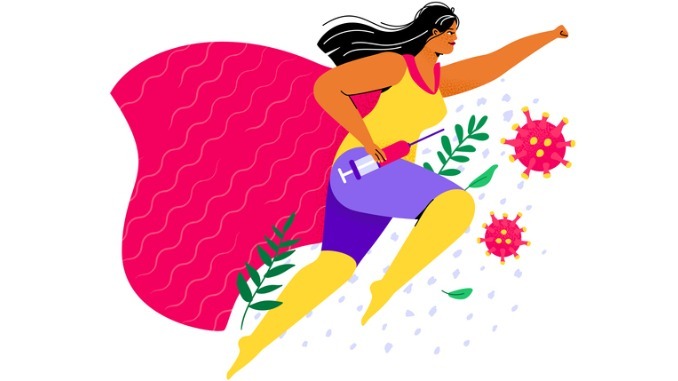
With the emergence of new variants and ongoing debates surrounding vaccination, practice managers play a crucial role in promoting vaccine confidence among their patients and ensuring widespread uptake. This article delves into the findings from a comprehensive study on vaccine confidence amid the evolving landscape of COVID-19
CREDIT: This is an edited version of an article that originally appeared on Advancing Health Online
Over two years since the onset of the pandemic, the global health landscape bears the scars of COVID-19’s profound impact. Beyond the direct health effects, extended lockdowns, remote work, and disrupted access to healthcare have taken a toll on physical and mental well-being worldwide.
Vaccination remains our most potent weapon in the battle against COVID-19, offering hope for a return to normalcy. However, vaccine distribution disparities and widespread misinformation have hindered efforts to achieve widespread immunisation.
Addressing vaccine confidence
To address the complex issues surrounding vaccine confidence, leveraging social media has emerged as a promising strategy. Dr. Heidi Larson from the Vaccine Confidence Project highlights the pivotal role of social networks in shaping global opinions and behaviours.
The Advancing Health Online (AHO) initiative, in collaboration with the Vaccine Confidence Project, seeks to harness the power of social media and behavioural sciences to promote community health. Their Vaccine Confidence Fund (VCF) supports research aimed at enhancing vaccination confidence and uptake, particularly among marginalised communities.
Key findings from VCF report
The VCF report sheds light on the behaviour of unvaccinated populations and identifies five drivers of demand for COVID-19 vaccine content:
- Balance and diversity: The seeking out of counternarratives to the mainstream narrative to balance out the perceived mainstream bias
- Freedom to choose: Prioritising informed decision-making over instruction.
- Trust: Preferring firsthand experiences over institutional information.
- Transparency: Evaluating sources to judge the incentives and inclinations of various information
- Value of Time: Prioritising content that fulfils informational needs.
The journey towards widespread vaccine confidence requires innovative strategies that acknowledge the unique motivations and information-seeking behaviours of diverse populations. Through initiatives like VCF, the intersection of social media and public health offers new avenues for fostering informed decision-making and community well-being.
In understanding the key drivers of demand for COVID-19 vaccine content, practice managers can tailor their communication strategies and outreach efforts to better meet the needs of their patients and communities.


Be the first to comment